Mon-Sat 9am-7pm

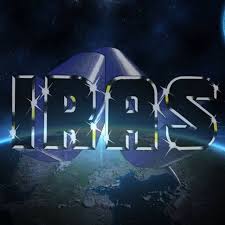
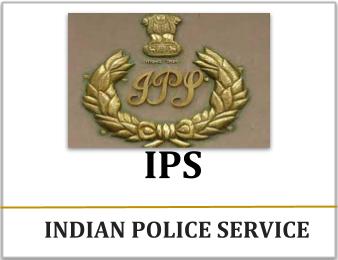
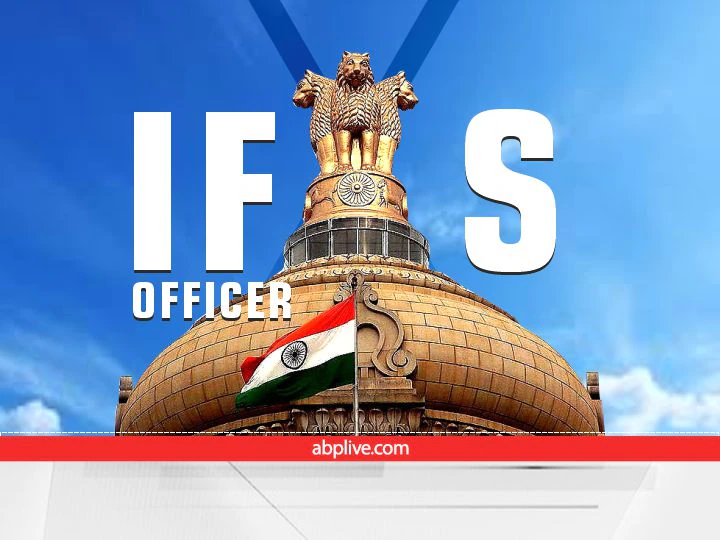
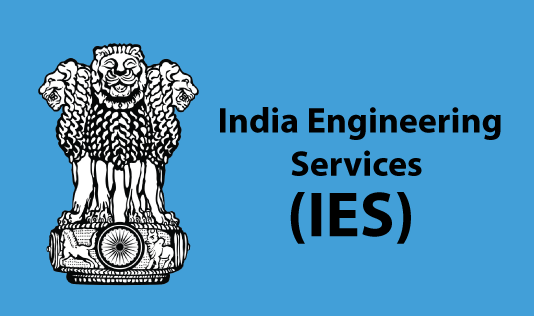
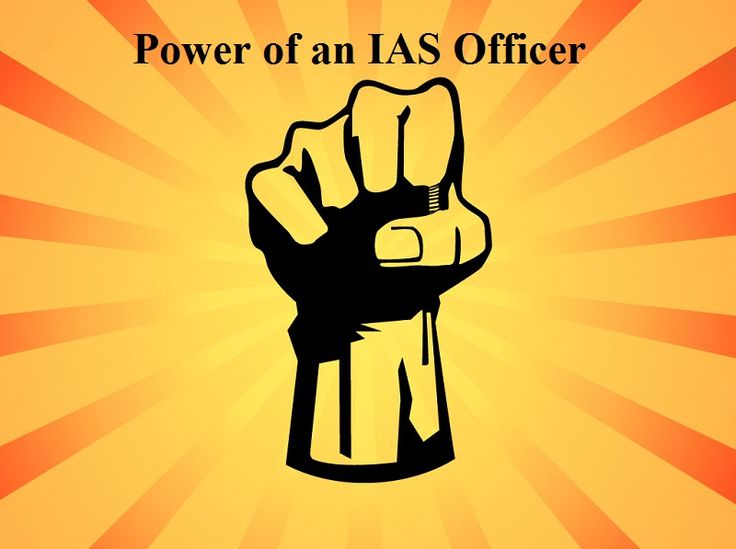
IES is the gateway to a stable career in the government sector. Through IES, a candidate gets a job in reputed government departments like Indian Railways, Military Engineering Services, Telecommunication Department, Central Water Services in group A and B posts.
The entry-level job is that of an Assistant Engineer, a secure and gazetted post, with a starting salary of around Rs. 60,000 plus other benefits like house rent allowance, medical facility, etc.
It offers an assured career progression and timely revision of pay scales as per central government norms. An engineer gets an opportunity to handle technically challenging roles and tasks which have a direct bearing on the building up of infrastructure and services for the nation.

At the starting of their career after selection, they are designated as an Assistant Executive Engineer or Assistant Director After the experience of 3 to 4 years, they are promoted to executive engineer, director, or work manager. In completion of 8 years of services, they become deputy general manager or joint director Over 13 years of experience, they are able to get promoted to the joint general manager or chief engineer of level 2 After 20 years of experience is enough to become a chief engineer or additional general manager Providing 30 years of services to the government of India able them to be in the position of senior general manager or engineer-in-chief The best performance of the IES officers with experience of 34 years leads them to become chairman or managing director of a governmental organization
Selection
Aspirants will have to appear in the Engineering Services Examination conducted annually in January by Union Public Service Commission (UPSC). The application forms are made available in September. Graduates in engineering/technology in the age group of 21 to 30 years can apply for the examination.
Three-stage process
The selection procedure of IES is a three-stage process – Preliminary, Mains, and Interview/Personality Test. Only those candidates who are declared by UPSC to have qualified in the Preliminary will be eligible for admission to the Mains Examination. Selection of candidates for the mains exam will be done about six to seven times the approximate number of vacancies. Based on the performance in the Prelims and Mains, candidates twice the number of vacancies will be called for the Interview. Marks obtained by the candidates in Preliminary, Mains, and Interview will determine their final ranking. Candidates will be allotted to various services based on their ranks in the examination. The preference expressed by the candidates for the various services or posts during application will also play a part.
Exam details
The Engineering Services Exam is a combined competitive examination conducted in four categories (I) Civil Engineering (II) Electrical Engineering (III) Electronics and Telecommunication and (IV) Mechanical Engineering.
The Preliminary Examination comprises two objective type papers - first, the General Studies and Engineering Aptitude Paper (Paper-I) and second, the Engineering Discipline specific paper (Paper-II). The maximum number of marks allotted for the Preliminary Examination is 500 marks. The duration of Paper I is 2 hours while that of Paper II is 3 hours.
After the Preliminary exam comes the Mains examination. The Engineering Services Mains exam comprises two conventional type papers of 300 marks each in engineering disciplines with a duration of three hours.
Candidates who obtain the minimum qualifying marks in the Preliminary and Mains exam will be selected for the personality test. The Personality Test carries 200 marks.
To obtain success in IES, a candidate is required to have an excellent grip on fundamentals in core subjects with a thorough update on general awareness and current affairs. The syllabus of the IES exam covers the entire degree syllabus of the relevant engineering discipline.
How to crack the IES exam?
IES exam is considered as one of the toughest competitive examinations in India, with just a minuscule percentage of the test-takers finally bagging a post (See Graph). To clear it, aspirants will have to go through a thorough preparation process. Candidates will have to deliberate well and prepare a strategy for cracking the exam. Execute strategy meticulously and distribute time appropriately for different subjects. “Cracking IES exam in the first attempt is not that tough if a candidate is determined and focused towards his goal. I focused more on the conventional section of the syllabus. I did not join any coaching institute to prepare for IES. I relied on the online test series and postal study materials provided by institutes such as Made Easy and IES Master. One-year preparation with full dedication is sufficient to clear this exam in one attempt,” says Ahmed.
Another IES exam topper from the batch IES-2014, Shubham Kumar Singh (AIR 24) believes that consistency and perseverance are the key factors to success. “IES preparation requires consistent and dedicated study during the B.Tech program. If you study regularly and seriously, no coaching is required,” he said.
IES - Personality Test
The personality test is conducted to assess your leadership qualities, social skills, and mental fitness. Special attention will be paid to assess the candidate’s capacity for leadership, initiative and intellectual curiosity, tact and other social qualities, mental and physical energy, powers of practical application, and integrity of character. The marks obtained by the candidates in the Personality Test will be added to the final merit list. The questions asked in the personality test can be broadly classified into personality introductory questions; general knowledge questions; fact-based or knowledge-based technical questions; intuition-based technical questions; and random questions regarding leadership and team playing abilities. Candidates who obtain the minimum qualifying marks in the mains exam will be called for the personality test. However, due weightage will also be given to marks secured by the candidates in the prelims exam for selection in the personality test.
Career trajectory
At the starting of the career after selection, the candidates are designated as Assistant Executive Engineer or Assistant Director across different departments of the Central Government. After an experience of 3 to 4 years, candidates are promoted to executive engineer, director, or work manager. On completion of 8 years of services, they become deputy general managers or joint directors.
After almost 13 years of experience, they are promoted as joint general manager or chief engineer of level 2. 20 years of experience is enough to become a chief engineer or additional general manager.
Thereafter, 30 years of service to the government of India takes them to the position of senior general manager or engineer-in-chief. The best performing of the IES officers with experience of 34 years helps them to become chairman or managing director of governmental organizations.
The Indian Engineering Services was initiated to recruit engineers to fulfill the technical and managerial functions of the Union government. The examination is, no doubt difficult, but it retains the tag of being the most prestigious and sought-after examination for engineering graduates in the government sector.
After clearing IES, Mechanical Engineers have a great prospect in Group A services i.e. Mechanical Engineering posts.
IES Officers' salary scales are the same as that of other All India Services/ Civil Services. According to pay and allowance policies in the organizations, they serve the total emoluments may vary.
| LEVEL | PAY SCALE | GRADE PAY | Timeframe |
| Junior (Entry) Level | Rs.15600 – 39100/- | Rs.5400/- | On Joining |
| Senior Scale | Rs.15600/- 39100/- | Rs.6600/- | (5-6 years after joining IES) |
| Junior Administrative Grade | Rs.15600-39100/- | Rs.7600/- | (Minimum 10 years after entry) |
| Selection Grade Pay | Rs.37400-6700/- | Rs.8700/- | (20 years or more after entry) |
| Super Time Scale | Rs.37400 – Rs.67000 | Pay Rs.8700/- | |
| Super Time Scale | Rs.37400 – Rs.67000 | Rs.10,000 | |
| Super Time Scale | Rs.37400 – Rs.67000 | Rs.10,000.00 | |
| Apex Pay Scale | Rs.80,000/- | No Grade Pay | Fixed |
| Cabinet Secretary Grade | Rs,90,000/- | No Grade Pay | Fixed |
Call us at +91 9205084085, Monday - Friday, 9 am - 7 pm


